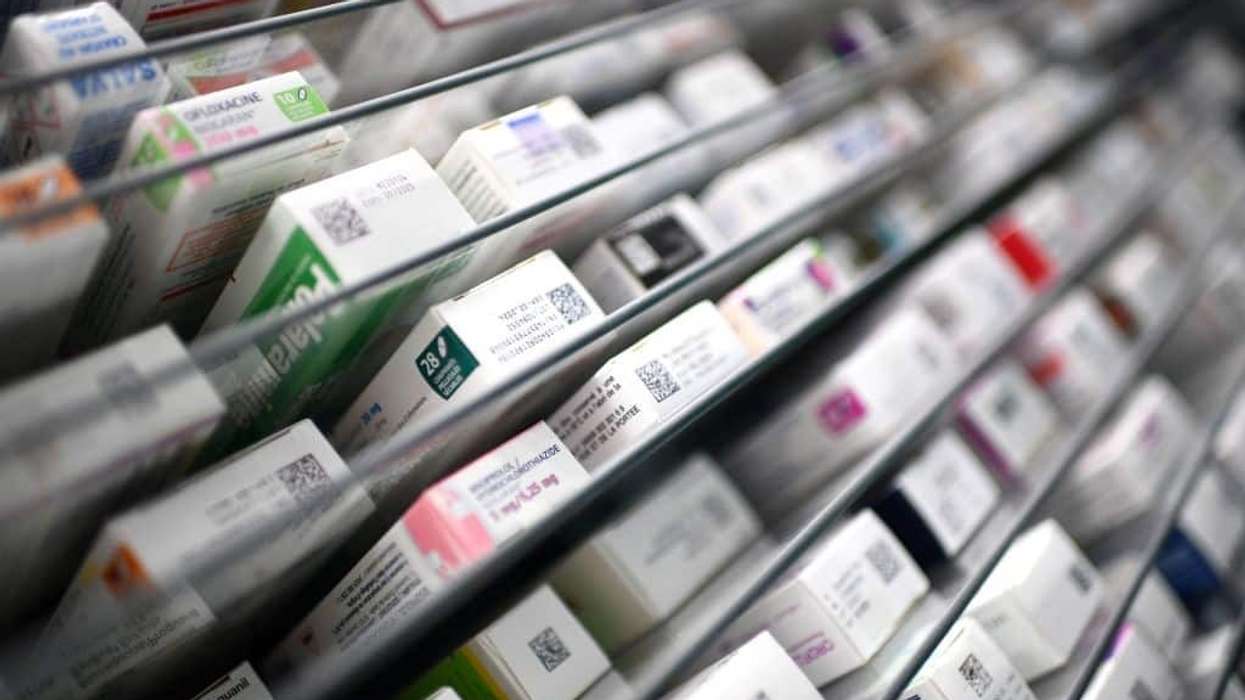Welsh government sets CPCF funding for the 2024/25 fiscal year at £165.134 million, unchanged from the previous year
The Welsh Government has approved the Community Pharmacy Contractual Framework (CPCF) funding for the fiscal year 2024/25, concluding a lengthy negotiation process that began earlier this year.
Russell Goodway, chief executive of Community Pharmacy Wales, has announced that the ring-fenced total allocation for 2024/25 will remain at £165.134 million, with no increase from the previous year.
This year’s negotiations were notably extended due to initial communications in January from the Welsh Government negotiators to Community Pharmacy Wales (CPW) and NHS Wales that there would be a zero increase in CPCF funding in 2024/25.
Another point of contention during the negotiations was that the Welsh Government negotiators could not guarantee that community pharmacies would be included in the NHS Pay Review Body arrangements for the summer, as they had been for the past two years.
The CPW Board found this decision unacceptable and sought to ensure that the Welsh Government and NHS Wales were fully aware of the potential consequences of this decision, including the adverse impact that it would have on the viability of community pharmacy businesses and on the sustainability of the community pharmacy network.
CPW also emphasised that pharmacies would be unable to continue the successful delivery of the Presgripsiwn Newydd provisions without a substantial increase in funding moving forward.
Despite their best efforts, CPW couldn’t persuade the Welsh Government to change its position.
“Welsh Government negotiators simply did not have the authority to put more money on the table at this time,” CPW noted.
However, they indicated that they would consider the possibility of increasing funding following the release of the NHS Pay Review Body's recommendations in the summer.
Although the Welsh Government indicated that they see no reason why community pharmacies would be excluded from these arrangements, they could not guarantee that this inclusion would occur.
“The NHS Pay Review Body (PRB) is expected to report its recommendations in summer 2024. At this time, Welsh Government will consider how these apply in primary care and specifically how any additional uplift can be applied to the CPCF at that time, in the context of the financial challenges faced by the NHS and public sector in general,” Welsh Government has stated in a letter to Health Boards.
The Welsh Government has agreed to raise the allocation for Professional Fees from £80 million in 2023/24 to £89 million in 2024/25. As a result, the Professional Fee will be increased from 90p per item to £1.00 per item, with an extra temporary 1 pence allocated for EPS-related activities.
Additionally, an allocation of £15m has been included for Practice Payment and £5.1m for Terms of Service, with the Welsh Government guaranteeing that both these allocations will be distributed based on the number of items dispensed.
The CPCF Implementation Group is expected to conclude its deliberations by the end of the week starting on 8 July 2024. A calendar invite is being sent to contractors for a contractor event on Tuesday, 16 July 2024 to allow CPW to explain the current position and to allow contractors to comment and raise any questions.
Numark community pharmacy members are disappointment with the outcome of the negotiations.
Harry McQuillan, Chairman of Numark said: “I can understand that Numark community pharmacy members will be disappointed, especially against the backdrop of significant increasing operational costs, in today’s Welsh Pharmacy Contract Funding announcement which advises of a flat funding level for 24/25.
"The crumb of positivity in it is that at least the funding is set at the higher level agreed halfway through 23/24. It will be interesting to see if the Welsh Government replicates a similar midyear uplift when the DDRB pay settlement is announced later this year."
In the recent settlement, the Welsh Government and Community Pharmacy Wales have jointly recognised the crucial role of dispensing and the supply function in maintaining public health and disease control.
Numark welcomed the allocation of a larger proportion of funding to this activity, but it argued that it comes at the expense of further service development.
"This highlights the dilemma that Governments have when faced with financial constraints. It would appear that the desire to support more service development remains but the funding to do so has not been forthcoming at this time," McQuillan said.













